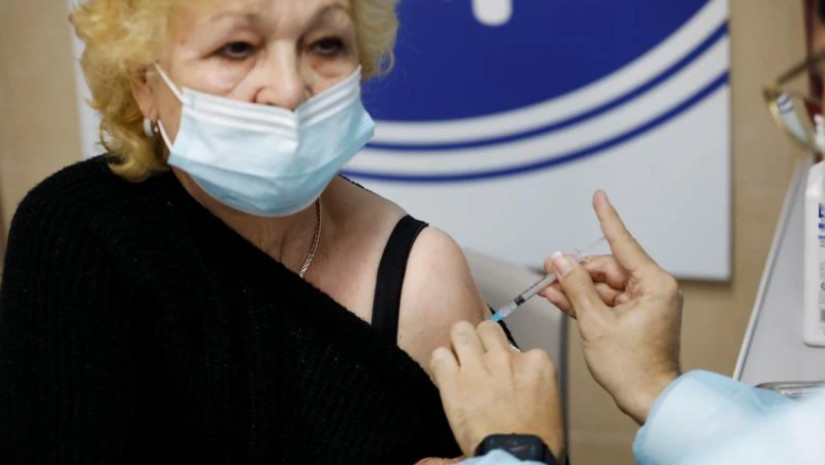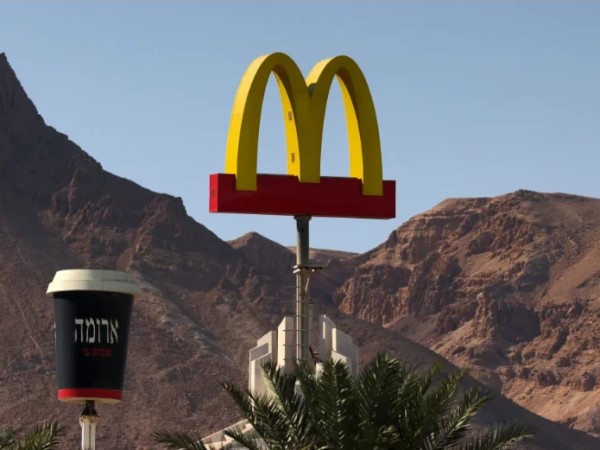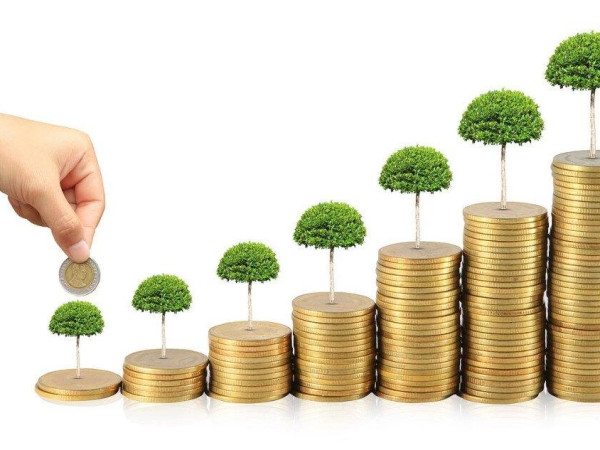Order early, pay a lot, digitise distribution and stretch the supply, - Reuters reports.
That is how Israel came to be a leader of the world’s COVID-19 vaccination drive, reaching nearly 15% of the country’s 9.3 million population in about two weeks.
The first big decision was paying a premium to get early vaccines.
Israeli authorities have not said publicly what they paid for the vaccine developed by U.S. company Pfizer and German partner BioNTech.
But one official said on condition of anonymity that Prime Minister Benjamin Netanyahu’s government was “paying around $30 per vaccine dose, or around twice the price abroad.”
Pfizer said in a statement that it uses “a tiered pricing formula based on volume and delivery dates” but declined to disclose further details.
Israel also offered the pharmaceutical companies the promise of a quick rollout that could serve as a template for other places: swift results from a small country with a universal healthcare system, patient data stored centrally and the technological savvy to ensure a digitised distribution network.
Health Minister Yuli Edelstein said freeing Israel’s economy from a series of lockdowns justified any higher purchase cost or buying an excess of vaccines.
“What we basically said to Pfizer and Moderna and to the others was that if we will be one of the first countries to start vaccinating, very soon these companies will be able to see the results,” Edelstein told Reuters.
“It’s a kind of win-win situation,” he said. “We are a small country. And I knew for a fact that we better be one of the first on the ground because after the vaccine is developed, the companies, commercially speaking, wouldn’t even look in the direction of countries Israel’s size.”
The vaccination campaign has faced some criticism and hurdles.
Rights groups are outraged that Palestinians in the Israeli-occupied West Bank and Gaza Strip face a long wait for vaccines.
Israel’s 21% Arab minority has shown an initial wariness towards vaccination.
Netanyahu’s opponents accuse his right-wing Likud Party of using the vaccination campaign for political gain before a March 23 election, and lacking a clear long-term strategy for dealing with the impact of COVID-19 -- charges the government denies.
But, while Israel is in its third lockdown and faces a recession and high unemployment, it has avoided the shortages and bottlenecks faced by other countries.
Israel, which has reported more than 450,000 COVID-19 cases and 3,445 deaths, cast a wide net for securing vaccines early on, and last June became one of the first countries to reach a purchase agreement with Moderna.
Moderna has said it will begin delivery of 6 million doses this month, though Edelstein said the shipment was probably two months away.
In November, Israel announced similar deals with AstraZeneca and Pfizer, and the first Pfizer shipment arrived on Dec. 9.
Israeli teams repacked the large ultra-frozen pallets into insulated boxes the size of small pizzas, allowing for distribution in smaller numbers and at more remote sites.
The technique, Israel says, got the green light from Pfizer. Other refinements included squeezing more doses out of each vial than advertised.
The vaccines are handled by SLE, the logistics unit of Teva Pharmaceutical Industries, in an underground facility near Israel’s main airport. Thirty large freezers set to minus 70 degrees Celsius (-94 Fahrenheit) can hold 5 million doses.
SLE repackages them into bundles as small as 100 doses to be delivered to about 400 vaccine centres, said Adam Segal, SLE’s logistics and operations manager.
That, officials say, means wider parallel vaccination drives nationwide, allowing easier access to small clinics as well as larger centralised centres.















